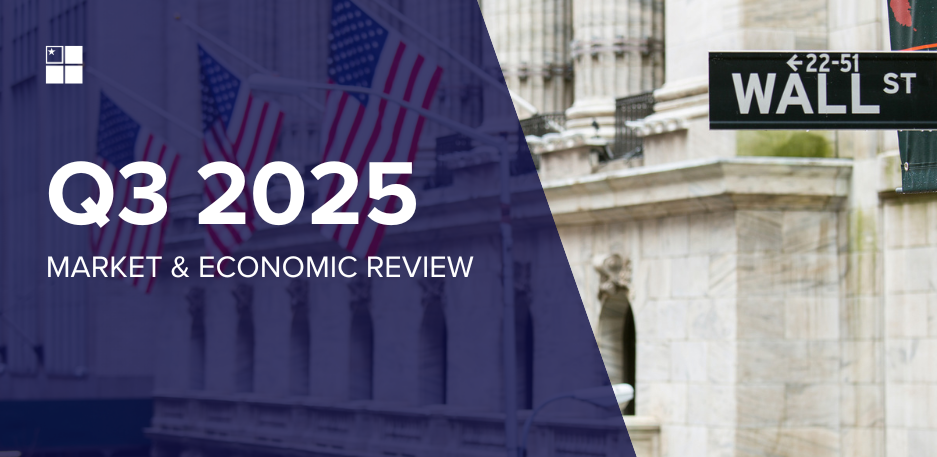- August 17, 2020
- Will Goodson

Earlier this summer, the IRS made the announcement that they are waiving Required Minimum Distributions (RMDs) for retirement accounts in 2020. IRS Notice 2020-51 outlines the relief granted to retirement account owners, as part of an extension to the CARES Act.
As you may recall, Congress passed the CARES Act in late March to provide a wide range of financial support to Americans impacted by COVID-19. The CARES Act allowed individuals to return their RMDs back into their retirement accounts if the distributions had been within the standard 60-day rollover window. Given that the bill was passed toward the end of March, anyone who took an RMD in early January found themselves outside that rollover window. Hence the IRS’ decision to extend the timeline to return these distributions.
Retirement account owners who have taken a distribution this year can now return these funds back into their retirement account by August 31, 2020. This applies to retirement accounts such as 401k, 403b, 457b, and Traditional IRAs. Additionally, beneficiaries of inherited IRAs may return or forgo their RMD distributions for 2020.
Essentially, anyone who has taken a distribution in 2020 from a tax-deferred retirement account can return the funds by the end of August. Historically, the IRS has been very stringent with RMD rules, which is why this announcement has been so surprising.
Many individuals rely on regular distributions from their retirement accounts to supplement their ongoing living expenses. In this case, it may not make sense to roll funds back into your retirement account. However, if you normally must make an RMD withdrawal but do not need the funds for ongoing expenses, it may be beneficial to roll them back into your account. Also, if you are the beneficiary of an inherited IRA and do not need the funds this year, this is a great opportunity to return them. Doing so will help reduce your tax liability for 2020.
Additionally, if you’re a Medicare recipient and subject to means-tested premium increases (IRMAA), forgoing an RMD could lower your modified adjusted gross income (MAGI). Medicare does a two-year look-back on MAGI when setting future premium amounts. Thus, it could potentially reduce your Medicare premium costs in 2022.
If you have questions about this new announcement and how it may impact your retirement planning, please feel free to contact us. Additionally, we recommend contacting your tax professional prior to making any tax-related decisions.



